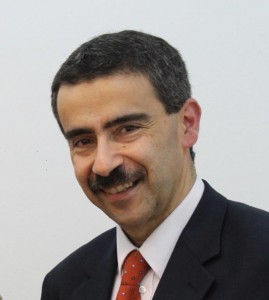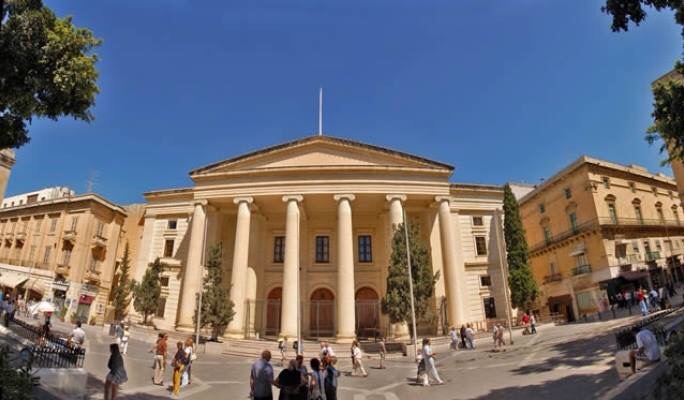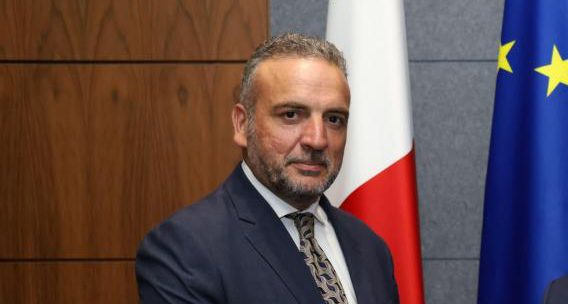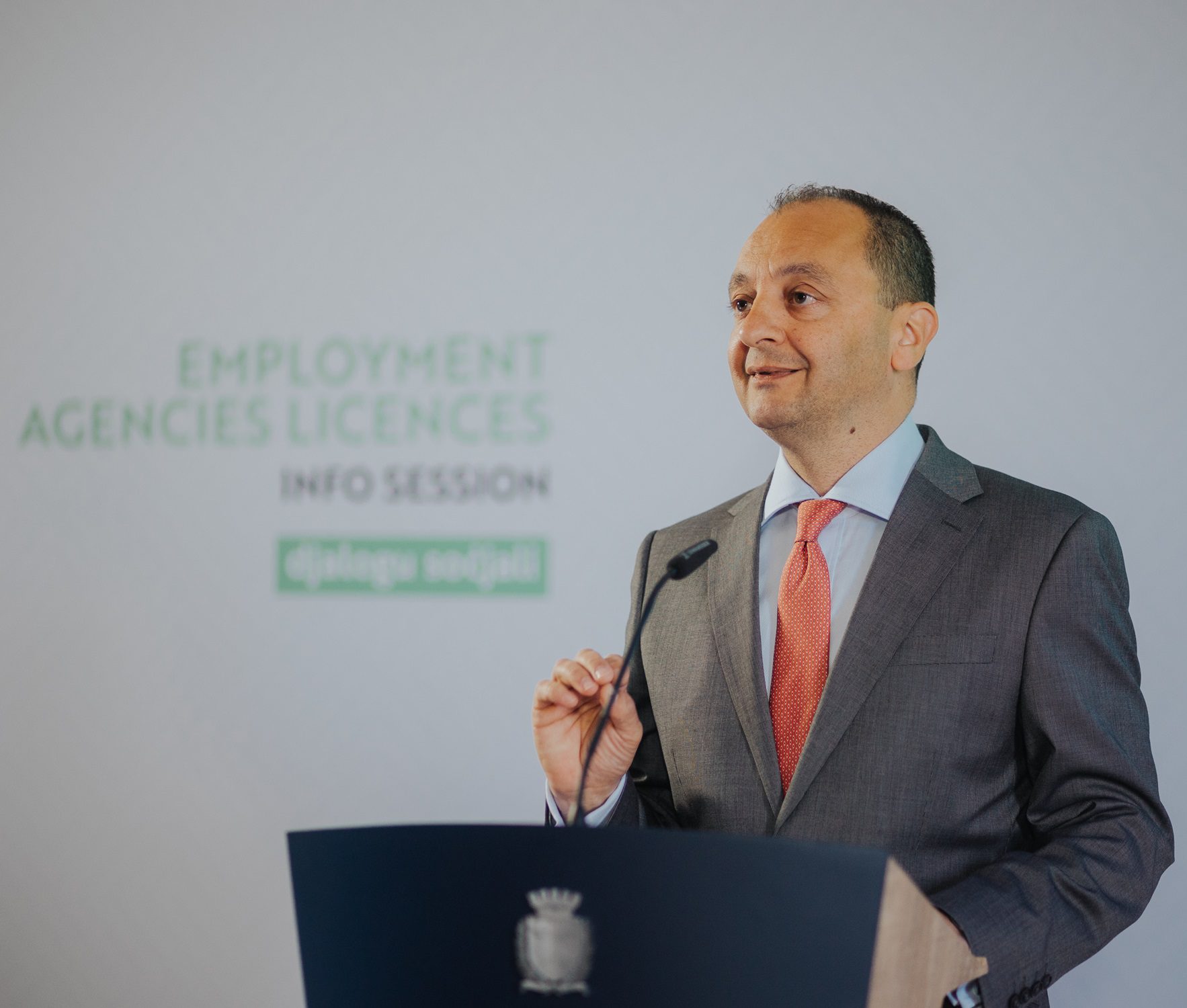Have you wondered what happens when the court orders a motorist to pay a victim compensation for a driving accident? Recently, Malta’s courts ordered a motorist and their insurer to pay €323,944 in damages to the heirs of a pedestrian who was killed in an accident. This incident sparked many questions about who is ultimately responsible for compensating the victim’s family.
Does the motorist pay or does the insurer always pay? Furthermore, does the insurer recover the funds lost from the motorist who caused the accident? What if the motorist doesn’t even have insurance, what happens then? The answers are not exactly black and white.
This newsroom reached out to the Malta Insurance Association (MIA) to have a better understanding of what happens when a motorist, both insured and uninsured, is court-ordered to pay compensation.
Director General of the MIA, Adrian J Galea explained that, “the way insurance works means that the premiums of the many, pay for the claims of the few.”
Taking out third-party liability insurance is mandatory for all motorists in Malta. This is to ensure that, when a court orders a motorist who caused an accident to pay the victim/s or their heirs, the insurance company pays the claim.

The system is as such to ensure that the victim/their heirs are not dependent on the financial situation of the driver responsible for the crime.
Ultimately, compensation to the victim is hardly ever paid out by the driver, but by their insurance company. Every motorist policyholder pays premiums on their insurance, and that money is used by the company to pay compensation.
“This is what many people fail to understand, that a reduction in the number of accidents and the consequent damage, injuries, and fatalities, effects their pockets in a direct way. It is of course more important to protect people’s lives and health but there are also financial consequences,” explained Mr Galea.
What if the motorist is uninsured?
Mr Galea explained that if there is no insurance policy in force at all at the time of the accident, the compensation is paid out by the Protection and Compensation Fund (PCF). This fund is fully financed by motor insurers. In other words, part of each premium paid by motorist policyholders goes also towards this fund.
This is also the case when there is a hit-and-run accident, since the responsible individual would not have been traced, the PCF also compensates those harmed.
What if the motorist is insured but excludes certain kinds of incidents?
Mr Galea made it clear that, if there is an insurance policy in force but it has exclusions for certain cases, the law still obliges the insurance company to pay the compensation by the court. However, the insurer has the right to recover the amount it paid from the responsible driver and/or policyholder (who may not necessarily be the driver at the time of the accident but could be the owner of the vehicle) who allowed the driver to use their vehicle knowing they were uninsured.
There is also a policy condition that grants the insurer the right to recover the compensation in specific cases. An example of such a case is if the driver was under the influence of substances (drugs or alcohol), was not authorised to drive the vehicle (not licensed) or if it was used for another purpose that it was not insured for.
“The insurance company only has the right to recover the amount paid as compensation from the driver and/or vehicle owner where there is a clear breach of a policy term or condition,” emphasised Mr Galea. These cases are in the minority, and even where that right exists insurers find that in practice, in many cases, they are unable to effectively exercise it as the responsible person would not have the financial means to pay back an amount typically running in the hundreds of thousands of Euros, if not more.
The legal process in simple terms
Mr Galea explained that there is of course a clearly defined legal procedure to be followed.
- The insurer is only obliged to pay compensation to an injured party when the policy was not effective due to some breach of a term or condition when a judgement is delivered by the court.
- If that judgement is appealed, then one has to wait for the appeal process to finish with a new judgement and follow that.
- It is only then, if a right of recovery exists, that the insurer can start separate legal proceedings against the driver/vehicle owner to claim back the amount paid.
In practice, those responsible for causing serious accidents rarely have to pay the financial price, even when they were in breach of both the law, and also the insurance policy’s terms and conditions.
“Ultimately, the cost is borne by all those who purchase motor insurance,” reminded Mr Galea.
Besides compensation, what else happens to those responsible for causing the accident?
The perpetrators should technically be punished by the criminal court if enough evidence is presented by the prosecution to prove their guilt beyond a reasonable doubt, said Mr Galea.
“If one follows judgements given in such cases one finds many instances where the evidence turns out to have been insufficient, and also some cases where the perpetrator gets away lightly because of some legal technical issue,” he added.
What if the victim of the accident is partially responsible for it?
There are cases where the victim bears some of the blame in a motoring accident. Mr Galea explained what happens in such an event, “if the court decides that this was the case, for instance where the victim was, say, equally at fault, the amount of compensation is reduced by the percentage of fault.”
Solutions proposed by the Malta Insurance Association
“Our association, for instance, has long been advocating the need that alcohol tests should be mandatory for drivers involved in serious accidents, and that this process should not be hampered by unnecessary legal restrictions,” exclaimed Mr Galea, “only in this way can those who abuse and drive when under the influence are made to suffer the consequences of their actions.”
Mr Galea believes many drivers will be deterred from taking the risk of drinking and driving when this happens. “Having higher court awards being paid out does not really address this issue,” he concluded.
ICT sector makes up 10.3% of Malta’s economy, most in EU
Malta was also in the top spots for value added from ICT services and ICT manufacturing
Building and Construction Authority CEO resigns days after fatal construction incident
Jesmond Muscat quits after less than two years in the role
Government launches portal for temping agencies to apply for a licence, following regulations
New regulations, aimed at regulating the sector and diminishing abuse, came into force on 1st April






